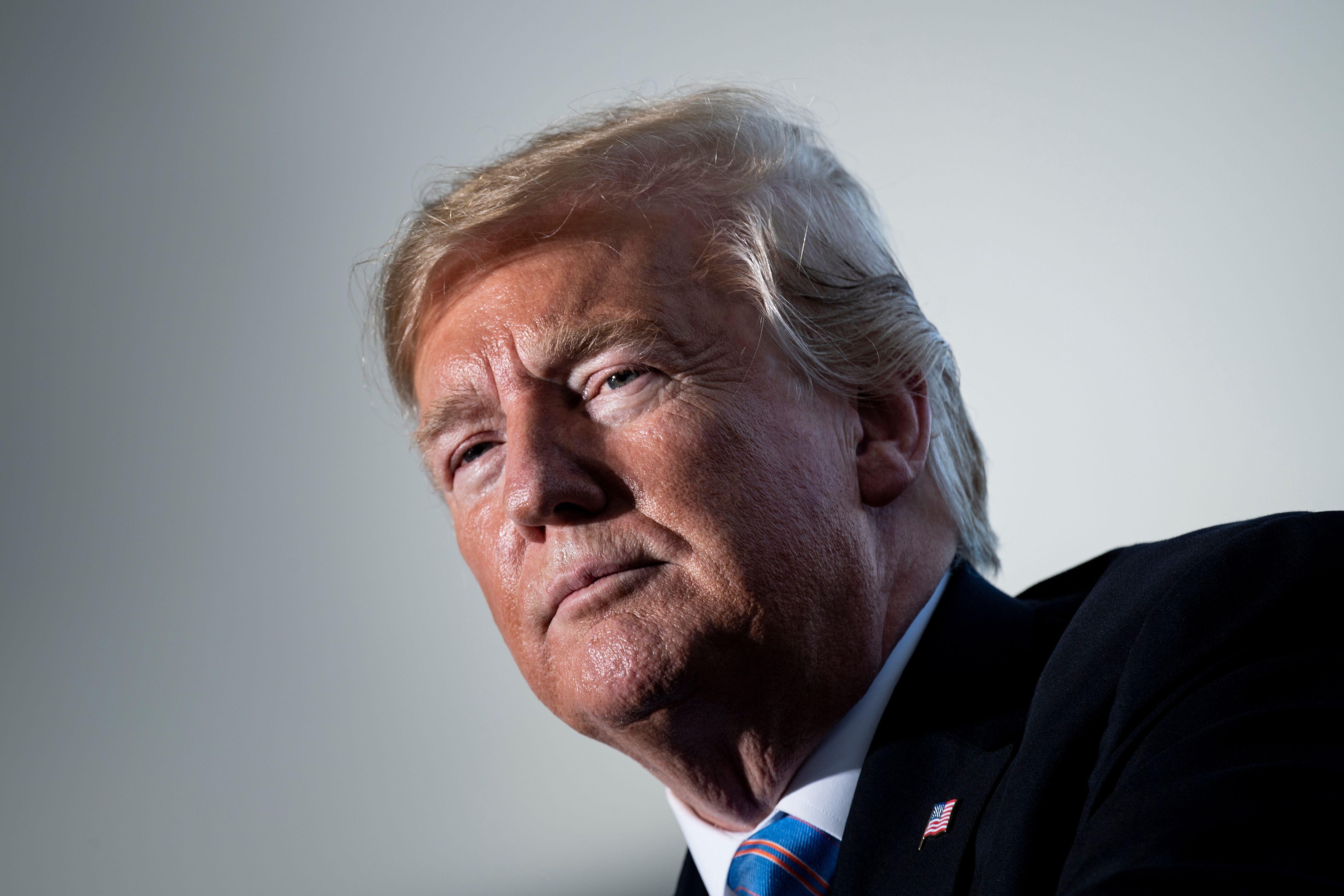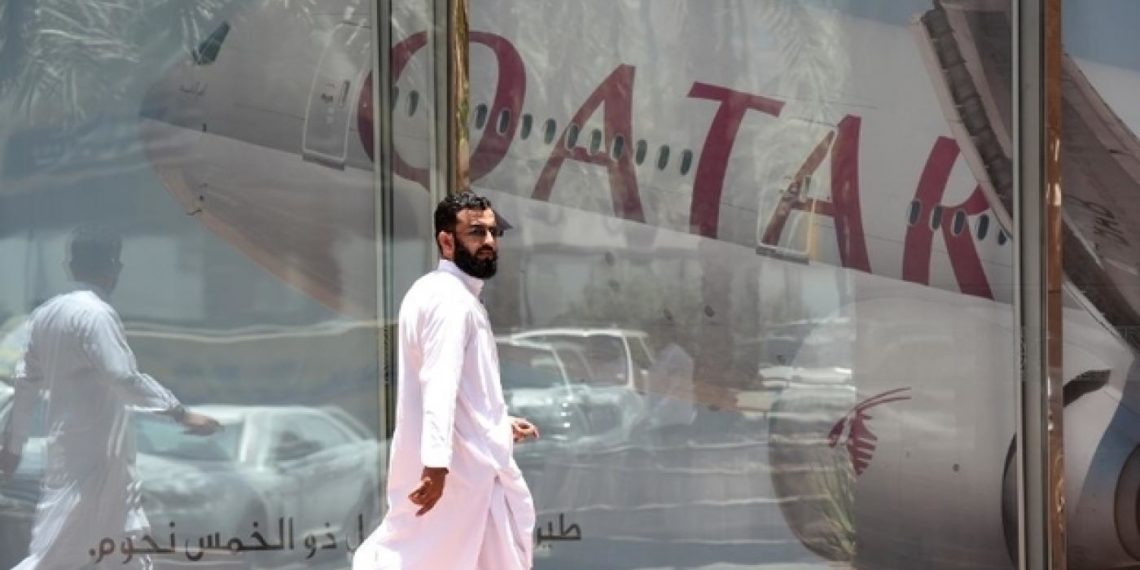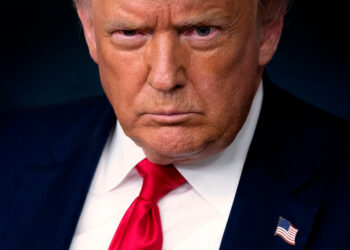In June 2017, Saudi Arabia, Bahrain, the United Arab Emirates (UAE), and Egypt – also known as the anti-Qatar Quartet – unilaterally cut diplomatic, economic, and political ties with Qatar. The four countries then imposed a punishing air, land, and sea blockade on the tiny peninsula’s population, a blockade that continues to this day.
The Quartet justified its actions by claiming Qatar was undermining regional security by financing terrorism, meddling in the Quartet countries’ domestic affairs, and getting into bed with Iran.
The Quartet’s true aims were revealed, however, when it issued Qatar thirteen implausible demands in exchange for lifting the blockade. Specifically, the requirements to shut down Al Jazeera and to cut all ties with Iran and Turkey made it clear that the Quartet sought to stifle criticism of their autocratic regimes, while also denying Qatar its right to national sovereignty.
Of course, it’s not just Qatar’s interests that are in jeopardy here: the U.S. also has a significant stake. More importantly, Washington has the power and the responsibility to help put an end to this misguided aggression against a valuable ally in the Middle East.
Qatar’s Strategic Importance
First, let’s be clear: Qatar is an integral player in U.S. security operations in the region. Not only does it host the largest American military base in the Middle East, but it has also served as an important staging ground in the fight against ISIS.
Beyond its obvious strategic importance, Qatar has also developed into a lucrative business partner, providing the U.S. with billions of dollars’ worth of military and aviation contracts, in addition to billions as a destination for American exports (not to mention the billions that Qatar invests directly into U.S. firms).
Money talks, and right now, it’s crying out for Donald Trump’s administration to leverage its considerable influence with the Quartet’s leader, Saudi Arabia, to put an end to a blockade that’s simply bad for business.
Iran’s Regional Influence
On a more macro level, the Qatari crisis has paralyzed the already anemic Gulf Cooperation Council (GCC), of which Qatar, Saudi Arabia, the UAE, and Bahrain are all members. This security/economic union was originally established in the 1980s to act as a bulwark against potential aggression from Iran and Iraq. The front has become increasingly important in the face of Iran’s growing threat in the region, a threat that the U.S. cannot and should not combat on its own.
Unfortunately, the blockade has only helped to serve Iranian interests. Contrary to achieving their goal of mitigating Iran’s regional influence, the Quartet’s actions have had the opposite effect. They forced Qatar to embrace Iranian economic assistance and strengthen ties with its Persian neighbor, an unwelcome development for American foreign policymakers hoping to isolate Iran.
Under blockade from Saudi Arabia and UAE, Qatar relies on a Turkish military force for protection and on Iran for critical airspace and other communications. That’s the state of the Gulf Cooperation Council these days.
— Carl Bildt (@carlbildt) December 15, 2019
What’s more is that each Gulf state’s ability to address its myriad economic, social, and security issues will depend in large part on a coordinated effort amongst the members of the GCC. The blockade has dealt efforts to achieve economic diversification a lethal blow.
Without a diversified economy, the woeful private sectors present in each Gulf country will remain weak, and thus the egregious youth unemployment rates found in most of the states will continue to climb upwards. This ballooning population of restless, jobless youth in such a volatile region doesn’t bode well for regional or international security, and it is incumbent upon the U.S. to help the region help itself.
US Moral and Legal Obligation
If this utilitarian argument weren’t enough, just consider the moral and legal obligation Washington has to end this international bullying.
For starters, the closure of Quartet airspace to Qatari aircraft is in direct violation of the Chicago Convention on International Civil Aviation, to which all parties involved are signatories.

Moreover, the Quartet’s demands that all Qatari citizens (including half-Qatari citizens) leave their territories within fourteen days is not only inhumane in that it would wreak havoc on innocent families, but it also appears to be in contravention of international customary law.
None of this is to say that Qatar is without any blame, but if the U.S. wants to maintain its moral high ground (and the soft power that accompanies it) as a champion of international laws and norms, then it must uphold those laws and norms by working to end this illegal blockade.
Ending the Qatar Blockade
So, how can the U.S. assist in achieving a resolution to the conflict? As it turns out, the dominoes appear to already be in place. Washington should continue its support of Kuwaiti efforts towards mediation, only now it should do so with more pronounced posturing.
Instead of relegating its support to official statements from the State Department, the U.S. must push that first domino by leaning into Saudi Arabia’s pressure points. In particular, the Trump administration should make it clear that any support for Saudi Arabia’s Vision 2030 – its ambitious plan for social and economic development – would be contingent on the Saudi’s willingness to come to the negotiation table.
Qatar, for its part, has long expressed its willingness to negotiate and has even offered to meet one of the Quartet’s most pressing demands to sever ties with the Muslim Brotherhood. Moreover, the U.S. could still serve alongside Kuwait as a mediator shuttling between the Quartet and Qatar before direct negotiations start.
During this time, it would be imperative for the U.S. to come up with a way for the Quartet, namely Saudi Arabia and the UAE, to save face since Qatar has understandably refused to accept all of the thirteen pre-conditions placed upon them for negotiations.
Regardless of how they get to the table, the Quartet and Qatar must reach a negotiated settlement, and it’s in U.S. national interest to make it happen as quickly as possible.
Disclaimer: The views and opinions expressed here are those of the author and do not necessarily reflect the editorial position of The Globe Post.






















